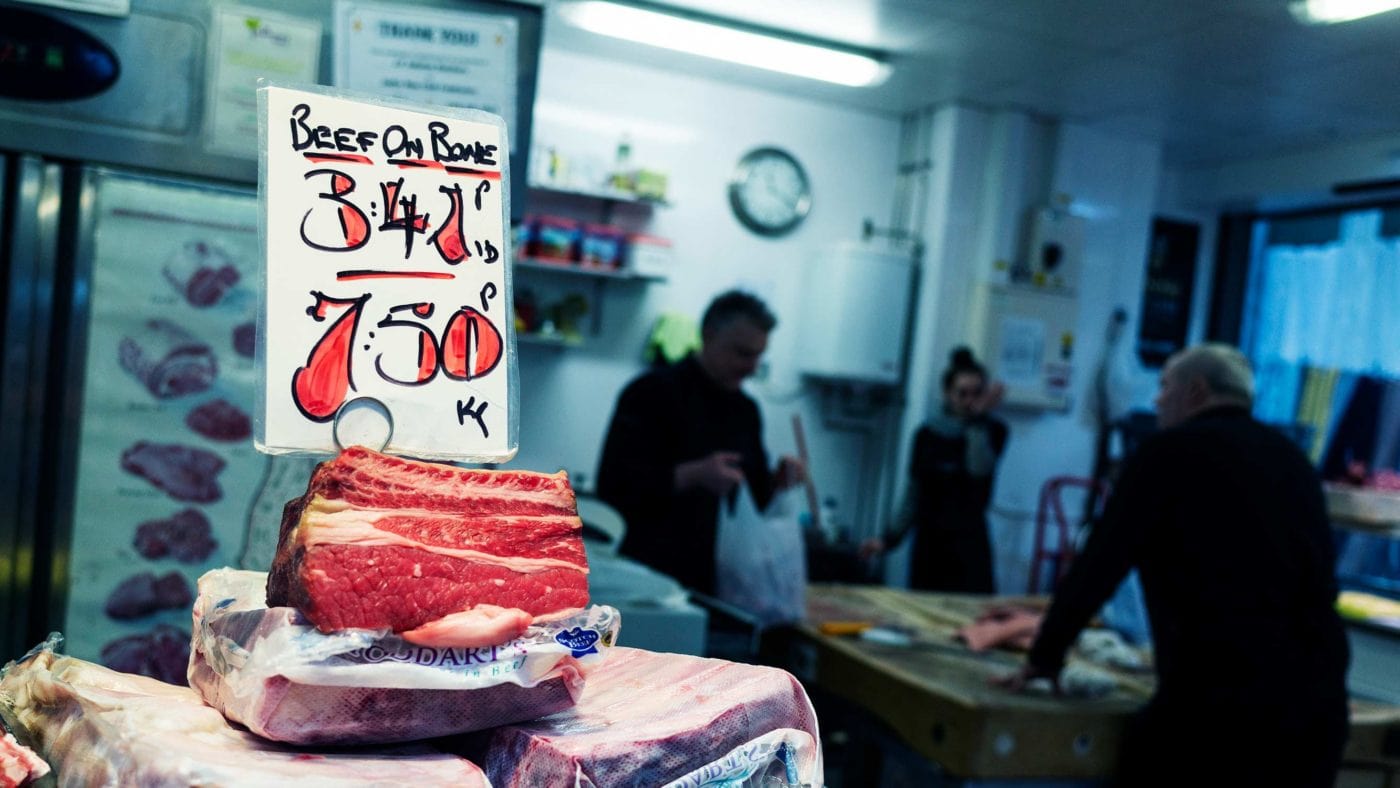At the TaxPayers’ Alliance, we’re often asked these days whether now is the right time for tax cuts. Britain has a severe cost of living crisis, but it is not born out of cuts to people’s wages. Instead it’s the result of spiralling inflation, which now stands at 9%. Wages are growing, but they’re simply not keeping pace.
As a result, some are asking whether tax cuts will simply fuel further inflation. If people have more money in their pockets, they will have more money to spend. Increased demand, without a corresponding increase in supply, the argument goes, will simply add fuel to the inflationary fire. Indeed, this fear has apparently reached the very heart of government: The Times reported on June 9 that ‘Boris Johnson and Rishi Sunak have ruled out tax cuts in this autumn’s budget because of fears that reductions would fuel inflation.’
There are two problems with this argument, however.
Firstly, it puts the onus to cut down on spending and bring down inflation on taxpayers, not on a bloated state bureaucracy doing too little with too much. In other words, it suggests the public should get their finances under control, not the Government. Secondly it will do nothing in the longer term to restore economic growth, the only way to sustainably bring down inflation.
There are also reasons to believe that tax cuts won’t have the inflationary pressure some fear. Much of this inflation is driven by increases in food and energy prices, due to supply shocks. But because demand for food and energy is relatively inelastic, as prices increase consumers are unable to significantly reduce consumption in these categories. People still need to heat their homes and feed their families. Tax cuts are therefore unlikely to dramatically affect people’s demand for food and energy; instead, they will make energy and food price increases more palatable. Admittedly, if people use that additional money to spend in other areas, that could be inflationary – assuming supply remains constrained.
That brings us onto the second reason why concerns may not be entirely justified. In just six months, the Bank of England’s base rate has increased more than ten-fold, from 0.1% to 1.25%, with further increases expected. With inflation so high and rates still so low, ‘real’ interest rates are still clearly in negative territory.
Nonetheless, these rises will still make saving less unattractive. The more people save, the less they spend, easing inflationary pressures. Also relevant here is the ‘feel-bad factor’ whereby economic uncertainty leads people to save money. Given the dramatic collapse in the household saving ratio, as people reduce saving in order to support their standard of living, it can also be reasonably assumed that many people will choose to save the additional money they receive from tax cuts, to avoid their saving level from falling too low in a time of increasing economic uncertainty.
The type of tax cut is important. Supply-side cuts, which focus on promoting investment, will be particularly effective at bringing inflation down, at least in the medium to long term. The Government would be well advised to seriously consider reversing the upcoming corporation tax increase. Reports seem to suggest that this is something the Prime Minister supports, albeit against the wishes of the Treasury. Reforms to business rates would also be beneficial.
On the other hand, significant income tax cuts might well be inflationary, at least in the short term. An income tax cut of 2p, which we have called for, is not risk-free. But it would be less inflationary than the direct cash transfers the Government has so far engaged in. Rather than being funnelled directly into energy bills, as with the Energy Bills Support Scheme, it would allow taxpayers to keep more of their wages every month, which they can choose how to spend or save. As a measure which encourages working, it would also increase investment and economic growth to the tune of around £19bn. Ultimately it is only with that growth that we can realistically beat the spectre of inflation. Without it, we risk a prolonged period of stagflation.
Instead of asking taxpayers to make savings, it’s time for government to cut back on costs. In ‘Save to Spend’, the TaxPayers’ Alliance identified 15 policy changes that could quickly deliver savings in the tens of billions every year – £73bn by 2025-26 to be exact. Limiting foreign aid to just humanitarian efforts, ending national pay bargaining and raising the state pension age alone would save almost £40bn a year.
This would pave the way for the tax cuts this country needs. Tax is at a 70-year high, a reality that Brits see every month in their dwindling pay packets. Inflationary fears are real and should not be dismissed. But the way to bring inflation under control is not through eroding standards of living. Only through raising the productive capacity of the economy can the UK become resilient to inflation. That means tax cuts and spending restraint.
Click here to subscribe to our daily briefing – the best pieces from CapX and across the web.
CapX depends on the generosity of its readers. If you value what we do, please consider making a donation.


